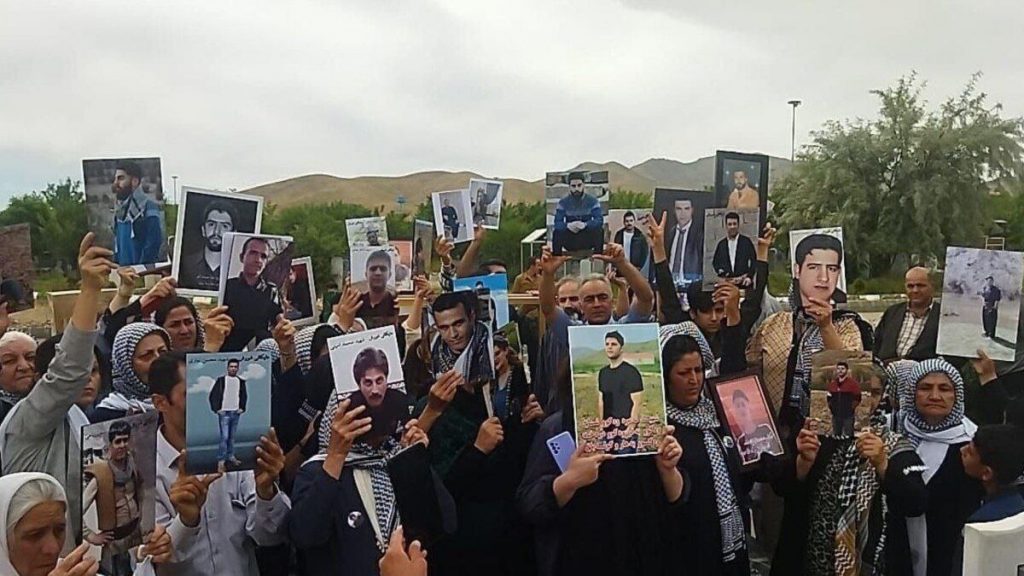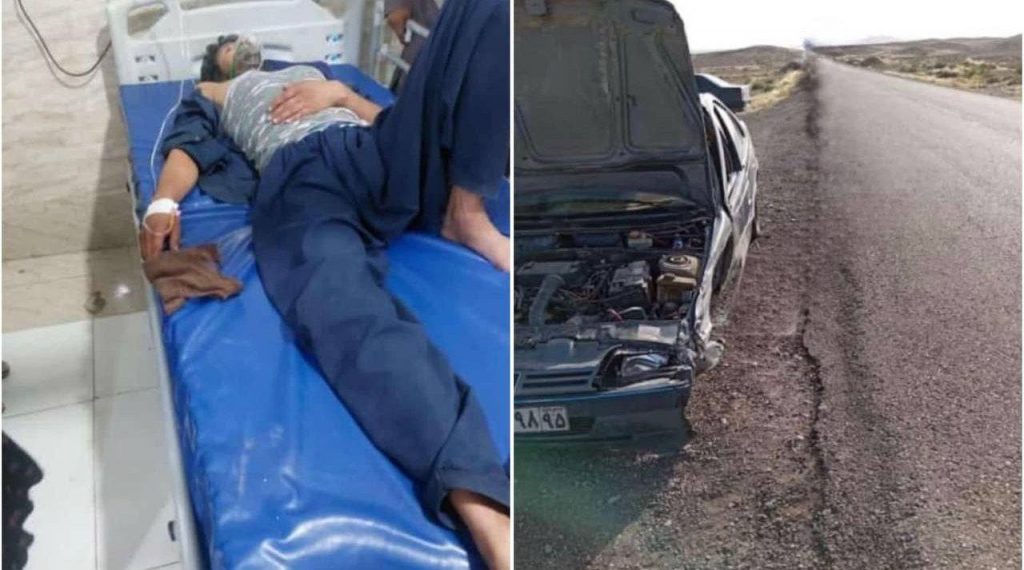
On Thursday, May 23rd, the families of justice seekers from Kurdistan issued a statement regarding the continuation of their pursuit of justice following the death of Raisi, the butcher of 1988, addressing justice seekers across Iran.
They wrote that Raisi’s death should not extinguish the fire of the struggle to achieve the demands of justice seekers. The statement emphasized the need for justice seekers from the 1980s and those from the Jina revolution to unite in their efforts to achieve their goals, one of which is to bring the officials of the Islamic Republic to a fair trial.
This stance aligns with that of Amnesty International, with one significant difference. The human rights organization addresses the current power holders, while the Kurdistan justice seekers speak to the freedom-loving masses and the future power holders.
On Wednesday, May 22, 2024, Amnesty International released a statement addressed to the international community, asserting that the death of Ebrahim Raisi should not deprive the people of Iran of their right to justice, truth, and reparations for the crimes he committed. The international community must now find a way to hold the responsible officials accountable.
The statement noted that Ebrahim Raisi should have faced criminal investigations while alive, including for crimes against humanity, murder, enforced disappearances, and torture.
Before these statements were issued, other justice-seeking families had also reacted to the death of their children’s killer.
Gohar Eshghi, the mother of Sattar Beheshti, posted a verse from Hafez on her Instagram account that reads: “Be happy, for the oppressor will not reach the destination.” She wrote in this context: The fate of tyrannical rulers can serve as a lesson to others.
A member of the family of a teenager killed by security forces during the Jina revolution told Reuters: “He was a murderer who ordered the killing of many children.” Among those killed during the protests was Minu Majidi, a 62-year-old mother who was shot at close range by security forces. Her daughters shared a video of their joy at the news of the helicopter’s disappearance. Minu Majidi’s daughter, Mahsa, wrote: “We are happy because they were murderers. Raisi ordered my mother’s murder, and his foreign minister denied our martyrs. I know it is not right to be happy about someone’s death, but they were inhumane. Congratulations to all the victims’ families and the people of Iran. Woman, Life, Freedom.”
Some citizens also publicly commented on the death of the butcher of 1988.
Leila, a 21-year-old student in Tehran, told Reuters in a phone call that she is not sad about Raisi’s death because he ordered the suppression of women for their hijab. Reza, a 47-year-old shopkeeper in Yazd, who did not disclose his full identity due to fear of repression, said: “Who cares if a criminal dies.”
The justice seekers, who are fundamentally reliant on the struggle and resistance of grieving and courageous mothers, should be considered part of the women’s movement.
After Raisi’s death, with their bold and public comments against him and his associates, they once again demonstrated that they are one of the shining symbols of the living Jina revolution. Despite severe threats from judicial and security officials, these justice seekers have openly attacked Raisi and his master Khamenei, reminding Khamenei that he and his apparatus will not endure. This fighting spirit once again clearly showed the complete failure of the regime’s attempts at intimidation.
The Kurdistan justice seekers, aside from demonstrating courage, astutely highlighted a fundamental weakness in the justice-seeking movement: fragmentation. They called on all justice seekers from the 1980s, the winter 2017 protests, the fall 2019 protests, and the Jina revolution across Iran to unite in their struggle to achieve their demands. This call highlights the urgent need for the organization of social and resistance movements. This will further strengthen the formation of a grassroots, popular alternative. On this basis, the need for broader convergence of freedom-seeking, equality-demanding, and justice-seeking movements must be emphasized.

